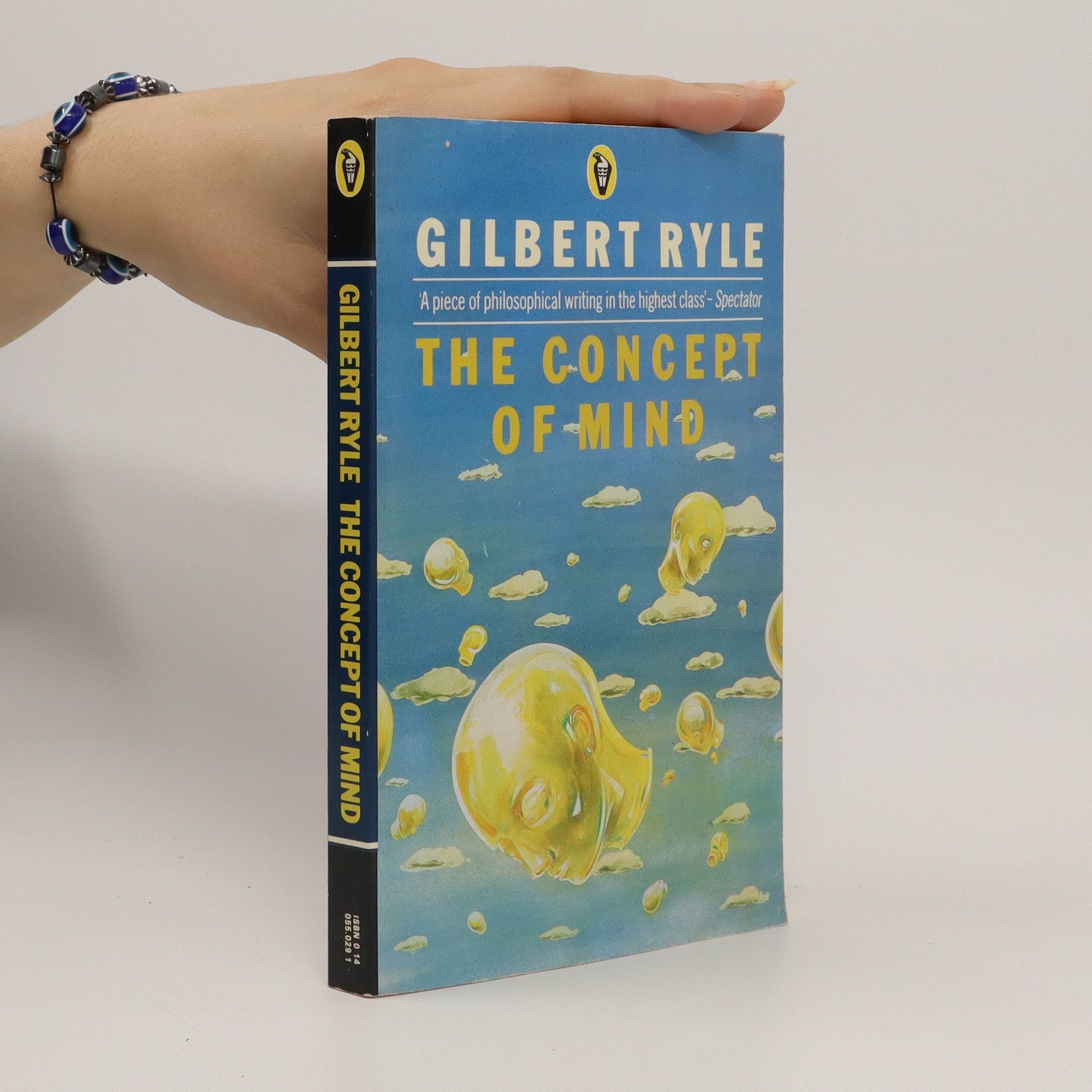Dilemmas
- 120 pages
- 5 hours of reading
This book shows that the conflicts that arise from everyday ways of thinking are not dilemmas as they appear to be.
Gilbert Ryle was a British philosopher renowned for his critique of mind-body dualism, for which he coined the phrase "the ghost in the machine." Drawing on Wittgenstein's insights into language, Ryle argued that philosophical problems are not about special entities but rather arise from linguistic confusion. He likened the philosopher's task to that of a cartographer, translating practical knowledge into universal cartographical terms. Philosophers, therefore, analyze "implication threads" of words and phrases within statements to uncover their true meaning and relationships.



This book shows that the conflicts that arise from everyday ways of thinking are not dilemmas as they appear to be.
This now-classic work challenges what Ryle calls philosophy's "official theory," the Cartesians "myth" of the separation of mind and matter. Ryle's linguistic analysis remaps the conceptual geography of mind, not so much solving traditional philosophical problems as dissolving them into the mere consequences of misguided language. His plain language and esstentially simple purpose place him in the traditioin of Locke, Berkeley, Mill, and Russell.